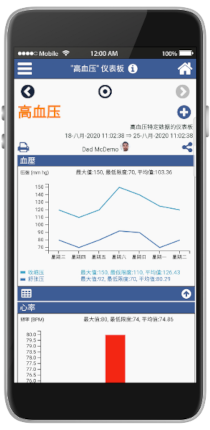
A scientific blind spot
A common failing in clinical trials, and the global applicability of any results, is the lack of diversity in participants. The majority of trials have been designed around young or middle-aged men of European decent, conducted through the medium of English. This results in a historical emphasis on particular genetic groups (Haplogroup R-M269 & H) for therapeutics development.
Similar to exclusion criteria applied to co-morbidity and the age-related limitation in cohort selection, this genetic homogeneity has profound implications on any inferred efficacy of a therapy on a global scale.
Currently, while people of European descent make up 16% of the world population, it accounts for 75% of all clinical trials. The situation is even more skewed for genetic studies. noink lets you change this.


Extending cohorts horizontally
noink allows RWD creation and processing in 13 languages* increasing the potential size and genetic diversity of any study. Over 3,000,000,000 people (one third of the world) on all continents can use noink in their native language. For bi-lingual trialists, this extends to 5,000,000,000 people (two thirds of the world’s population).
We have achieved this by rigorous use of structured data in all user interactions. Alongside best-in-class AI tools for Natural Language Processing, this gives any trial a truly global reach.
We also recognise regional differences in cohorts within languages. To overcome this, noink uses hyper-localisation to tailor any aspect of Real-World Data capture effort to a particular country, region or locality. We have over localities encoded in the system and different data capture requirements can be refined down to a local level. Decentralised trials no longer need accept a one size fits all model.
* Dansk, Deutsch, English, Español, Français, हिन्दी, Italiano, 日本語, Polski, Português, Русский, Tagalog & 中文.
There’s more
When we say multilingual, we do not mean there are many language versions of the platform that require the data to be processed before use but rather data capture and processing is language independent in real-time. Use noink in your native language and share the results in any other.
noink gives patients the ability to record their data in one language and be seen in another, whether this is part of a clinical trial or simply visiting your local doctor, it does not matter.
This feature was created originally to address access disparity for under-represented communities within national healthcare systems, while also recognising that many social care workers may speak a different language to the people under their care. Language should not be a barrier in healthcare delivery or clinical research.

